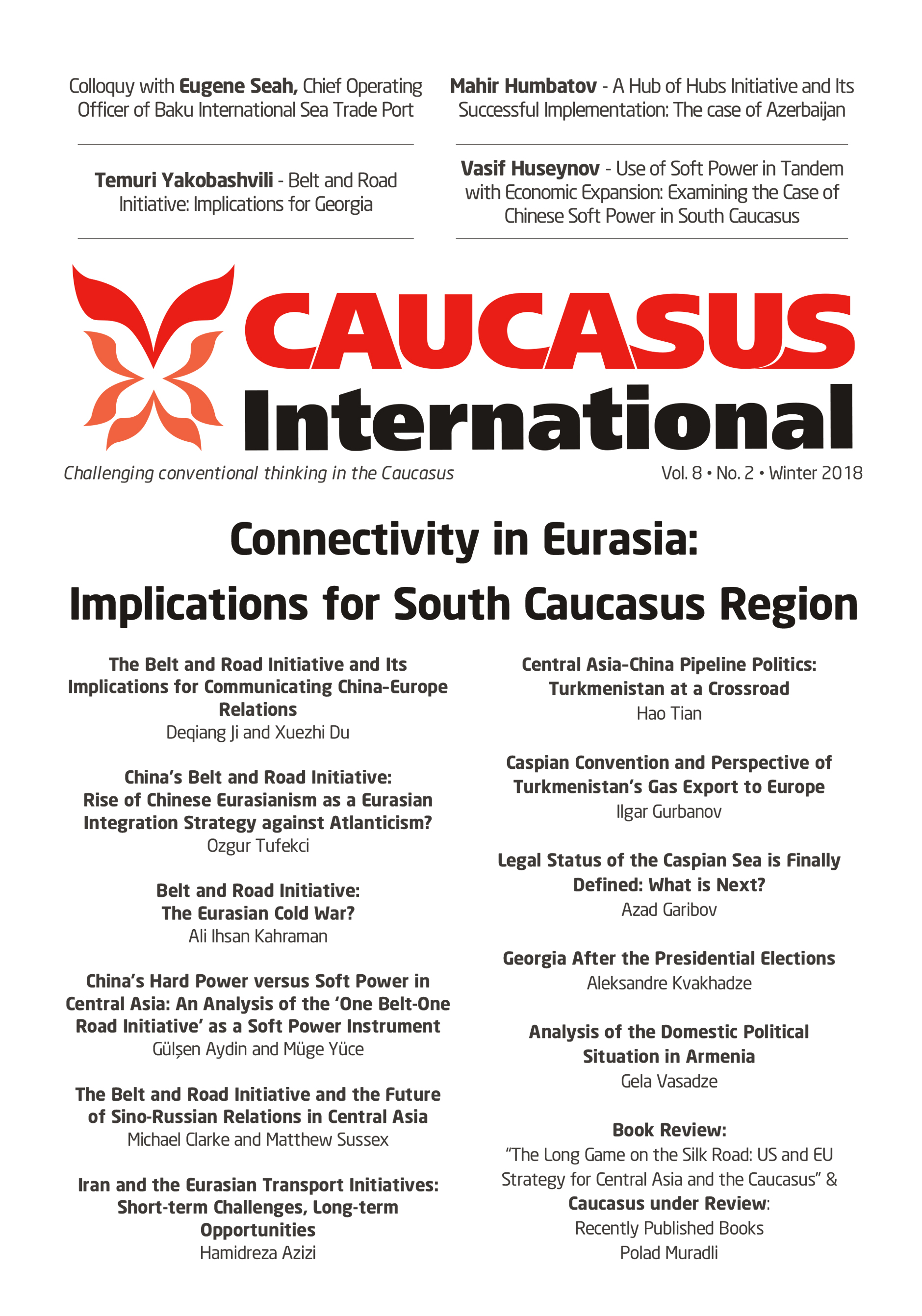China’s Belt and Road Initiative: Rise of Chinese Eurasianism as a Eurasian Integration Strategy against Atlanticism?
The geopolitical spaces of the ideology of Eurasianism, such as Central Asia, Southeast Asia, and Europe, form the main framework of the Belt and Road Initiative (BRI) as destinations for Chinese goods, services, and capital. For this reason, the BRI is, on the one hand, both a cause and effect of the political-economic interests of China; while, on the other hand, it provides a dynamic for the regional integration policies of the Chinese government. When Xi Jinping became China’s new leader in 2012, he signalled that he would pursue a “pro-active” foreign policy course. Moreover, his foreign policy understanding has represented, to some extent, the end of the era of Deng Xiaoping’s reactive “bide and hide” foreign policy strategy. Nevertheless, it remains necessary to deal with the issue of whether this pro-activeness will transform into a single robust foreign policy perspective that benefits from the ideologies of Eurasianism or Atlanticism. What is known about ideology-driven Atlanticism is that it has been prioritizing the securitization of Eurasia. However, it seems that China’s development-oriented approach is more promising for those countries that are in need of reconstruction and development. If China could manage to remodel Atlanticism through an ideology of Eurasianism, the landmass would become a new and competitive ground where the new power can assert its own influence and create streamlined connectivity.
Latest news
- 03/17/2020 Call for Submission: “Non-Alignment Movement and Its Perspective in International Affairs”. Deadline: 1 July 2020 2625 views
Popular articles
- 02/24/2020 The Role of Irredentism in Russia’s Foreign Policy 2536 views
- 02/24/2020 Construction of sub-national identity vis-à-vis parent state: Gagauz case in Moldova 2218 views
- 02/24/2020 The Conflict in Ukraine - The Geopolitics of Separatism and Divergent Identities (Commentary) 2072 views
- 02/24/2020 The Role of the Soviet Past in Contemporary Georgia 2044 views





